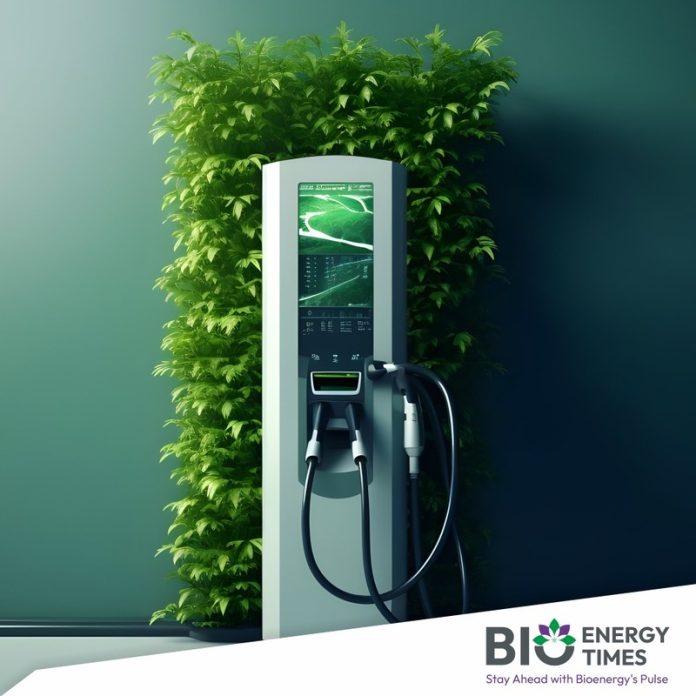India will require an estimated Rs 16,000 crore in capital expenditure by 2030 to meet growing public electric vehicle (EV) charging demand and achieve the target of over 30% electrification, according to a report by industry body FICCI.
The report, titled FICCI EV Public Charging Infrastructure Roadmap 2030, released on Monday, highlights the need for increased charging station utilization to ensure profitability and scalability of the infrastructure. It suggests that prioritizing the top 40 cities, expected to see higher EV adoption in the next 3-5 years, could accelerate the growth of public charging networks.
Given favorable state policies and a rising rate of EV adoption, these cities are forecast to experience a significant shift towards electrified transport in the near future. FICCI’s analysis stresses that with the right demand-supply enablers, India could achieve 30-40% EV electrification by 2030.
The adoption of electric vehicles in India is driven by five key factors: economics, advancements in battery technology, regulatory frameworks, consumer demand, and the availability of charging infrastructure.
To further boost EV adoption, the Indian government continues to offer a range of regulatory incentives. Following the expiration of the FAME II subsidy scheme in 2023-24, the government introduced the PM E-DRIVE scheme for the period 2025-26. Under this initiative, incentives of Rs 5,000 per kWh for electric two-wheelers (E2W) and three-wheelers (E3W), and Rs 10,000 per kWh for electric buses (E-buses), are available, amounting to up to 15% and 20% of the ex-factory cost, respectively.
GST rates on EVs are set at a flat 5%, significantly lower than the 28-50% GST on internal combustion engine (ICE) vehicles. Meanwhile, the government has imposed higher taxes on imported EV components and vehicles to support domestic manufacturing.
Several Indian states have introduced their own incentives, including exemptions from tolls and taxes, subsidized electricity rates, and low-interest loans to boost EV adoption and infrastructure.
FICCI’s report also highlighted the positive economics of electric two-wheelers and three-wheelers in India, suggesting that financial support may be necessary to accelerate the adoption of electric four-wheelers (E4W).
In conclusion, the report advocates for the standardization of GST rates across the entire EV value chain, proposing a reduction of GST on EV charging services from 18% to 5%, aligning with the tax structure for EVs.















